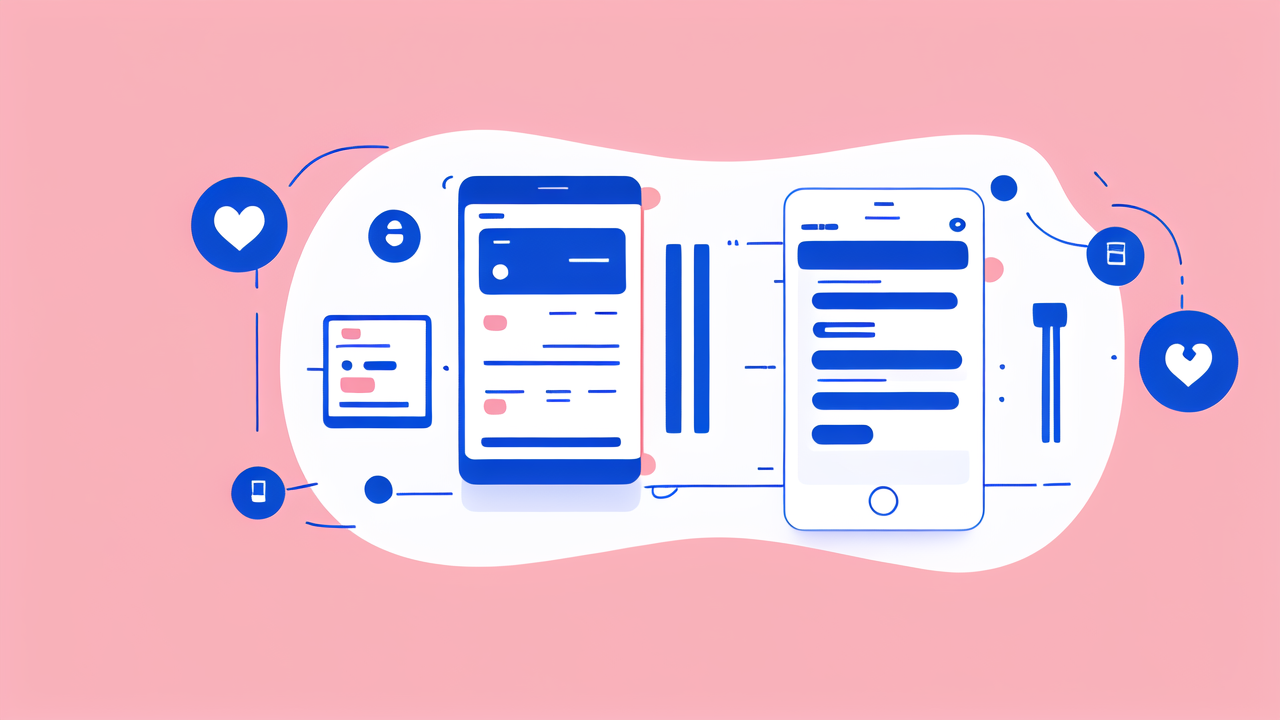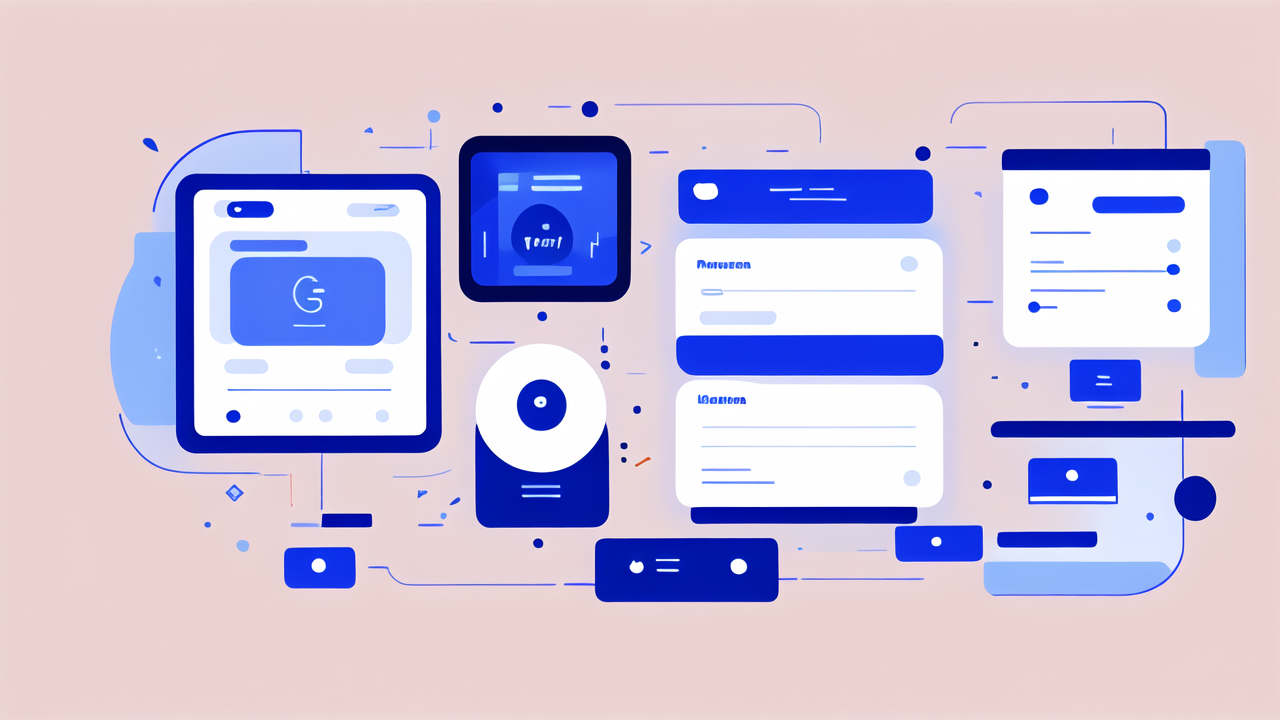Understanding Health Monitor Watches: A Deep Dive into Their Capabilities
The Evolution of Wearable Health Technology
Wearable health tech has come a long way in recent years. It started with simple step counters. Now, we have smart watches that can do so much more. These devices have become more advanced and user-friendly.

Early fitness trackers could only count steps and estimate calories burned. Today's health monitor watches can track heart rate, sleep patterns, and even blood oxygen levels. Some can even detect falls and call for help.
The evolution of these devices has been rapid. They've gone from bulky and basic to sleek and sophisticated. Now, they're not just for fitness enthusiasts. They're for anyone who wants to take charge of their health.
Key Features of Modern Health Monitors
Modern health monitors come packed with features. Here are some of the most common and useful ones:
- Heart rate monitoring
- Sleep tracking
- Step counting and activity tracking
- GPS for route tracking
- Blood oxygen level measurement
- Stress level monitoring
- Menstrual cycle tracking
- ECG capabilities (in some models)
These features allow users to get a comprehensive view of their health. They can track their fitness progress, monitor vital signs, and even get insights into their stress levels. Some watches can even remind users to move or take deep breaths when stress is detected.
How Health Monitor Watches are Changing the Wellness Industry
Health monitor watches are revolutionizing the wellness industry. They're putting health data directly into consumers' hands. This is changing how people think about and manage their health.
These devices are making people more aware of their daily habits. They encourage users to be more active and mindful of their health. Many people are motivated by the data they see on their watches.
The wellness industry is adapting to this trend. Gyms and fitness apps are integrating with these devices. Health insurance companies are even offering incentives for using them. This technology is creating a more connected and data-driven approach to wellness.
Integrating Health Monitor Watches into Healthcare: Benefits and Challenges
Improving Patient Outcomes with Wearable Technology
Health monitor watches have the potential to greatly improve patient outcomes. They provide continuous health data that can be shared with healthcare providers. This can lead to earlier detection of health issues and more personalized care.

For patients with chronic conditions, these devices can be especially helpful. They can track important health metrics over time. This data can help doctors make more informed decisions about treatment.
Wearable tech can also encourage patients to take a more active role in their health. When people can see their health data, they're often more motivated to make positive changes. This can lead to better overall health outcomes.
Health Monitor Watches and the Role of Data Analytics
Data analytics plays a crucial role in making sense of the information from health monitor watches. These devices collect vast amounts of data. Analytics tools help turn this data into useful insights.
Healthcare providers can use these insights to spot trends and predict health issues. For example, changes in heart rate patterns might indicate a developing heart problem. Data analytics can help identify these patterns early.
On a larger scale, data from many users can contribute to health research. It can help researchers understand population health trends. This could lead to new discoveries and better public health strategies.
Privacy and Ethical Concerns in Wearable Health Tech Adoption
While health monitor watches offer many benefits, they also raise privacy and ethical concerns. These devices collect sensitive health data. There are worries about how this data might be used or shared.
Some people are concerned about data breaches. If health data falls into the wrong hands, it could be misused. There are also concerns about insurance companies or employers accessing this data.
Another ethical issue is the potential for over-reliance on these devices. Some worry that people might ignore important symptoms if their watch doesn't flag them. It's important to remember that these devices are tools, not replacements for medical care.
The Future of Wearable Health Tech in the United States
Innovations on the Horizon for Health Monitor Watches
The future of health monitor watches looks exciting. We can expect to see even more advanced features in the coming years. Here are some innovations that might be on the horizon:

- Non-invasive blood glucose monitoring
- More accurate sleep analysis
- Advanced mental health tracking
- Early detection of diseases like Parkinson's or Alzheimer's
- Integration with smart home devices for holistic health monitoring
These innovations could make health monitor watches even more useful. They could potentially help detect health issues before symptoms appear. This could lead to earlier interventions and better health outcomes.
Regulatory Landscape and Compliance in Wearable Health Tech
As health monitor watches become more advanced, regulation becomes more important. In the U.S., the FDA is working on guidelines for these devices. They want to ensure that the health data these devices provide is accurate and reliable.
Compliance with health data privacy laws is another crucial area. Companies that make these devices must follow laws like HIPAA. They need to protect users' health information. As these devices collect more sensitive data, privacy protection will become even more important.
There's also a push for more standardization in the industry. This could make it easier for different devices and healthcare systems to work together. It could lead to better integration of wearable tech in healthcare.
The Role of Consumer Trends in Shaping Health Tech Developments
Consumer trends play a big role in shaping the future of health monitor watches. As more people become health-conscious, demand for these devices is growing. This is driving companies to innovate and improve their products.
Consumers are asking for more features and better accuracy. They want devices that are easy to use and provide meaningful insights. This feedback is guiding the development of new health monitor watches.
There's also a growing interest in personalized health. People want devices that can give them tailored health advice. This trend is likely to shape future developments in wearable health tech. We might see more AI-powered health coaching features in future devices.
In conclusion, health monitor watches are transforming how we think about and manage our health. As technology advances and consumer demand grows, these devices will likely become even more powerful tools for personal health management. However, it's important to balance innovation with privacy protection and ethical considerations. The future of wearable health tech looks promising, but it must be developed responsibly.




Leave a comment
This site is protected by hCaptcha and the hCaptcha Privacy Policy and Terms of Service apply.